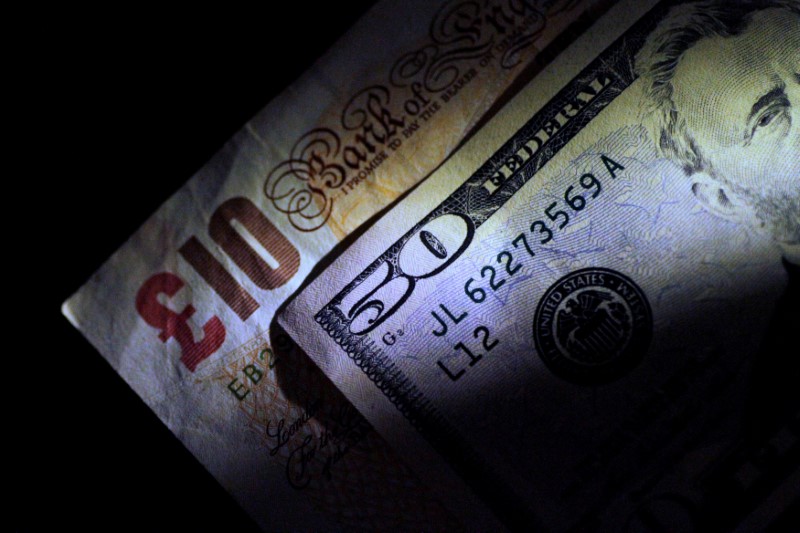Investing.com – The US dollar fell in early European trading on Friday ahead of the key monthly jobs report, while the pound rose higher following the outcome of the UK general election.
At 03:55 ET (07:55 GMT), the Dollar Index, which tracks the greenback against a basket of six other currencies, was trading 0.4% lower at 104.635, near its lowest point since mid-June.
The dollar is ahead of payrolls
The dollar was trading near two-week lows as traders returned from US Independence Day ahead of the release of the widely watched monthly official jobs report, looking for more clues about when rates will start cutting.
This week’s economic data indicated that the US economy was cooling, raising expectations that the Fed will cut rates soon.
According to CME’s FedWatch tool, traders estimate a 73% chance of a cut in September.
Economists expect the US economy to have added 189,000 in June, after a bigger-than-expected gain of 272,000 the month before.
“We think risks have shifted to a softer value today following the large decline in the employment component of the ISM services index,” ING analysts said in a note.
“However, to see a major repricing of Federal Reserve interest rate expectations in favor of the dovish side, we may need to see the payroll fall below 150,000 given the June Fed Dot Plot and the increasing perceived probability of a Trump in November as aggressive counterweights.”
The pound sterling is gaining electoral security
rose 0.2% to 1.2780, just below the three-week high of 1.2777 seen earlier, after the opposition Labor party won a huge majority in the UK general election, ending fourteen years of power for the Conservative Party.
The pound is up 1% this week, its best weekly performance since mid-May, with the expected change of government seen as an opportunity for some certainty despite a difficult budget situation after years of market volatility under the Conservatives.
“We believe that the new Chancellor can avoid cuts thanks to small adjustments to the budget rules and small tax adjustments. However, it will be complicated to prevent a tax increase in the long term,” ING said.
“What matters for sterling, however, are primarily the implications for Bank of England policy. And for the time being there are none.”
rose 0.2% to 1.0827, a rise ahead of Sunday’s second round of parliamentary elections in France, with polls suggesting the far-right National Rally is unlikely to win a majority.
The single currency, which has been under pressure since French elections in June, rose about 1% this week as concerns that RN could win a majority and implement big spending increases have eased.
“We see some upside room for the pair on the back of potential US payroll disappointments,” ING said. “While the EUR/USD could move towards the upper half of the 1.08/1.09 range today, we believe the continued risk of a new widening of French bond spreads after Sunday’s elections in the second round means that the upward trend remains limited.”
Yen on intervention watch
In Asia, trading was 0.3% lower at 160.84, with the yen’s strengthening sparking speculation over whether the Japanese government had intervened to support the currency.
The yen’s recent weakness was fueled by rising expectations that the economy would have limited room to tighten policy further amid continued weakness in the Japanese economy.
traded marginally higher to 7.2674, with the yuan hovering around a seven-month low.
Sentiment towards China was further damaged by reports that Beijing had seized a Taiwanese fishing trawler and also deployed aircraft around the Taiwan Strait.
Any escalation of tensions with Taiwan could lead to increased scrutiny of China, which could lead to more sanctions from the West.


